
UCLA Researchers Use Big Data Expertise to Create a News Media Resource on the COVID-19 Crisis
In the Department of Communication at UCLA, the Co-Mind Lab has…

A Global Lifeboat: Evolution and Kindness in the Time of Coronavirus (Audio)
Dr. Daniel Fessler, Anthropologist and Director of the UCLA…
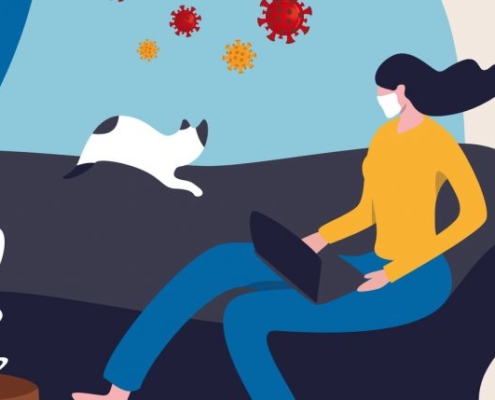
UCLA Sociology Professors Advocate for “Physical” Rather Than “Social” Distancing
March 21, 2020 In an opinion piece that was published…
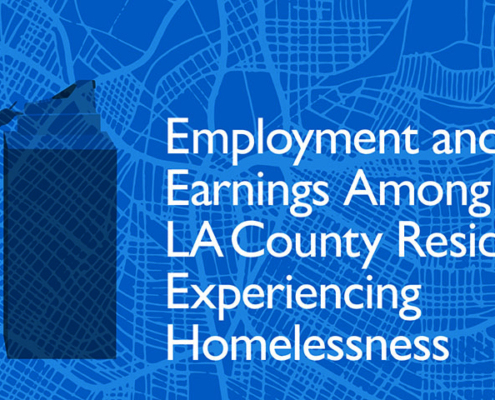
New Study Finds a Substantial Number of Californians Are Working Before Becoming Homeless
February 27, 2020 --- A new report released today by the…

International Prize of History Awarded to UCLA Professor Subrahmanyam
UCLA History Professor Sanjay Subrahmanyam, Distinguished…
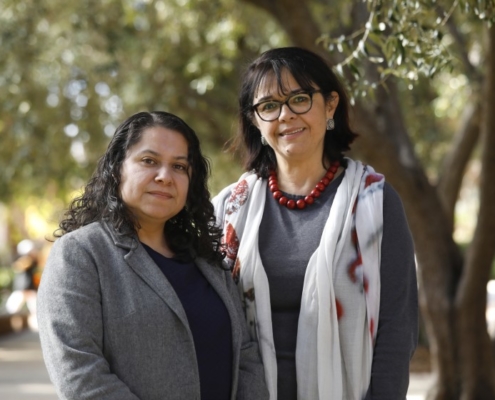
Spotlight on Central American Studies at UCLA
The Los Angeles Times featured three scholars from UCLA's…
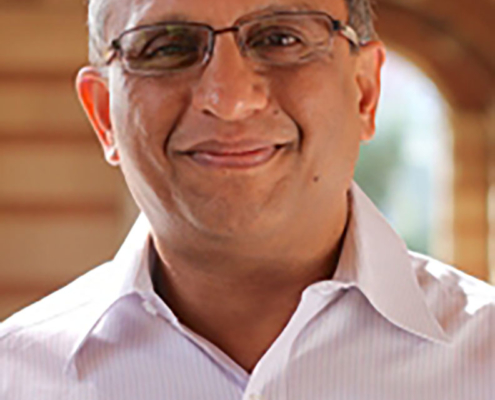
UCLA Professor Akhil Gupta Named President of the American Anthropological Association
Dr. Akhil Gupta, UCLA Professor of Anthropology, has officially…
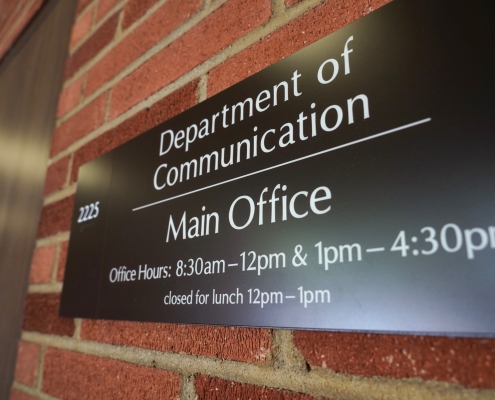
Spotlight on UCLA’s Department of Communication: Alumni Partnerships and a New PhD Program
The UCLA Department of Communication proudly announces rolling…
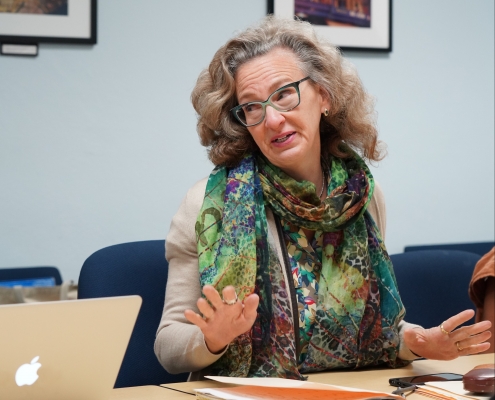
Do We Make a Difference? Social Change in Theory and Practice
Young people often want to change the world. But when facing…
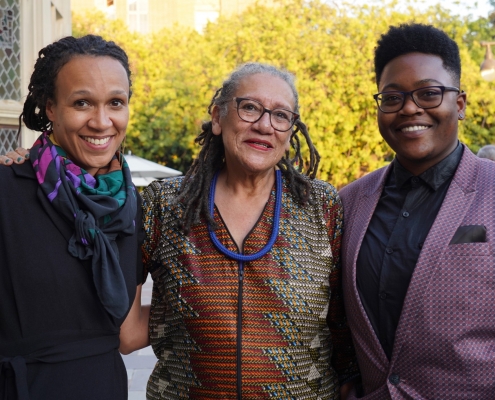
Recap of UCLA Symposium “On the Matter of Blackness in Europe: Transnational Perspectives”
On October 10-11, 2019, a two-day symposium co-organized…

